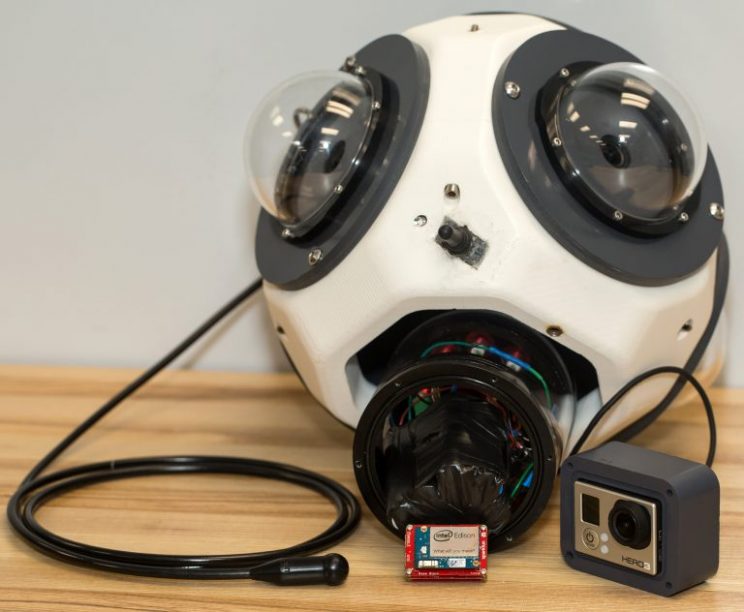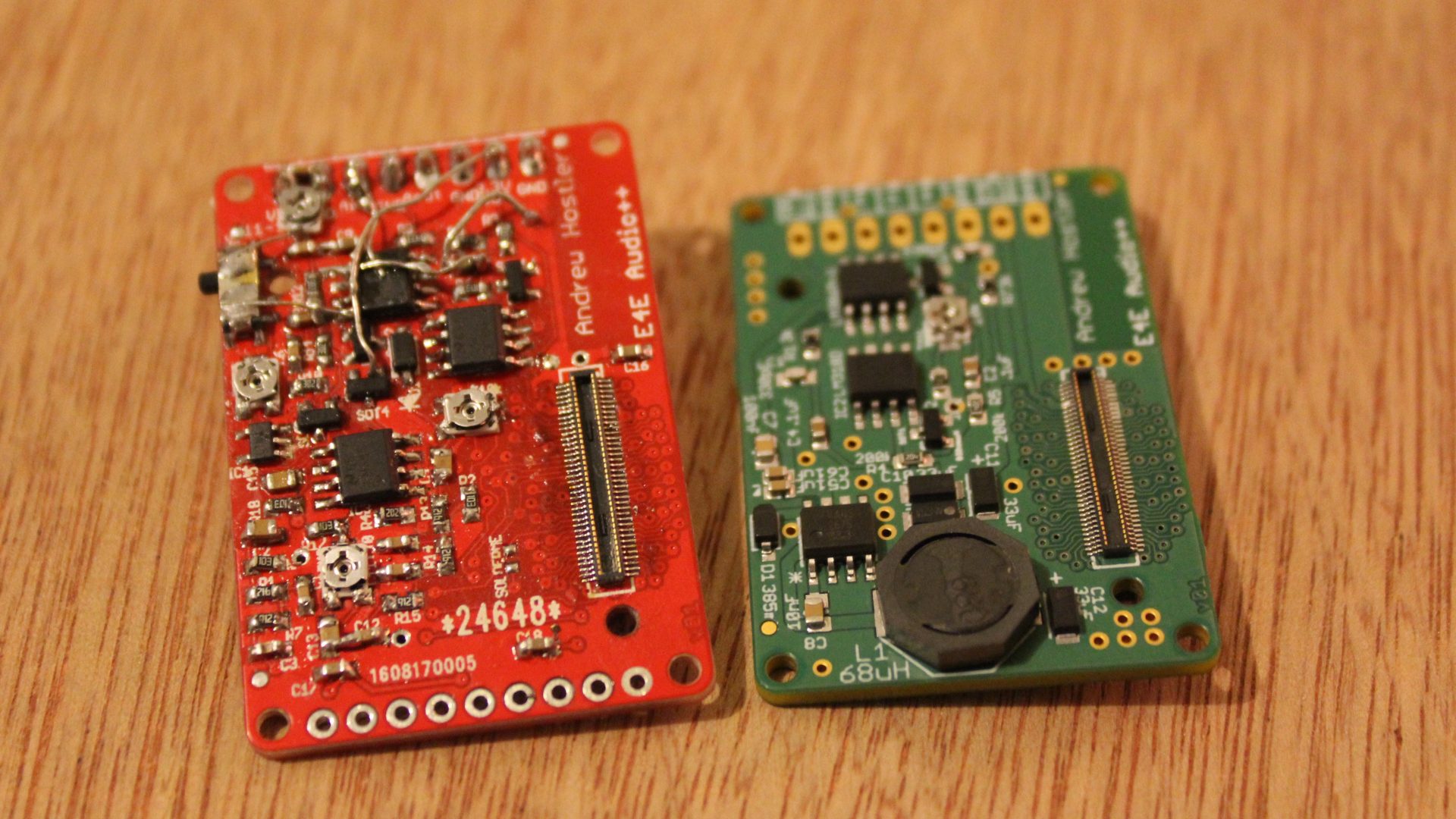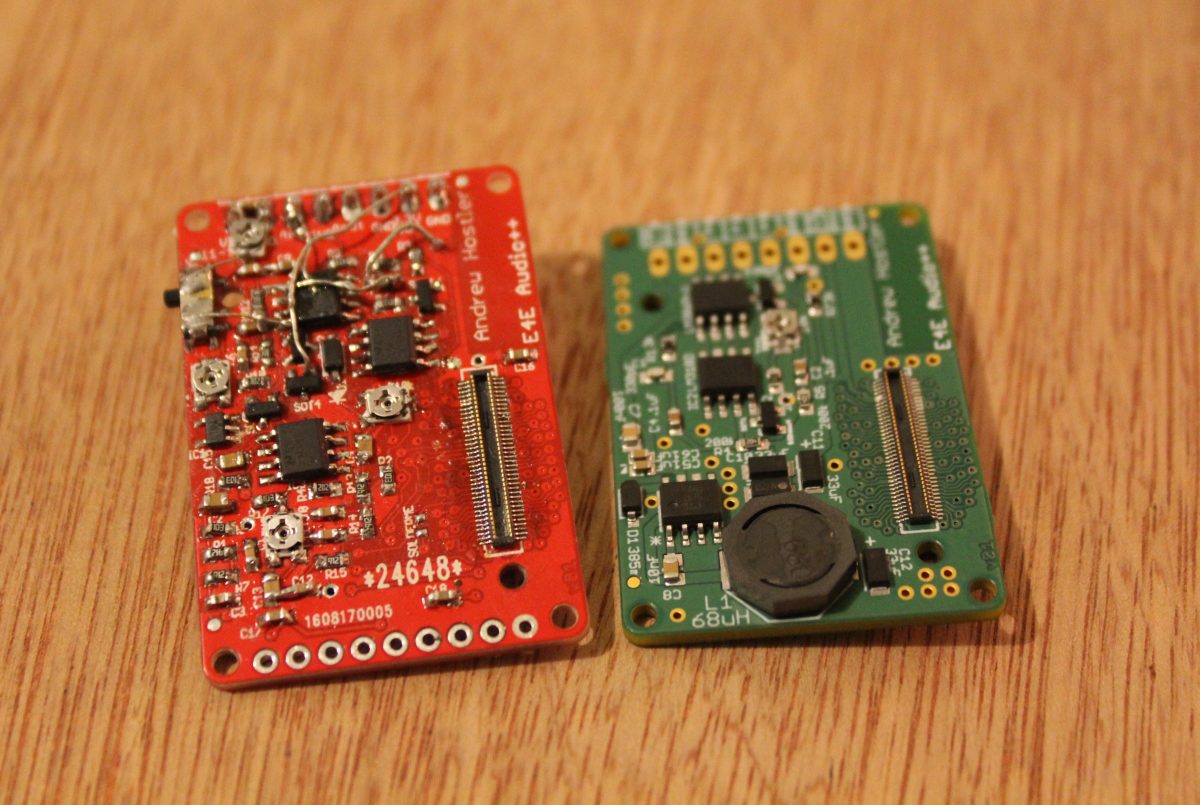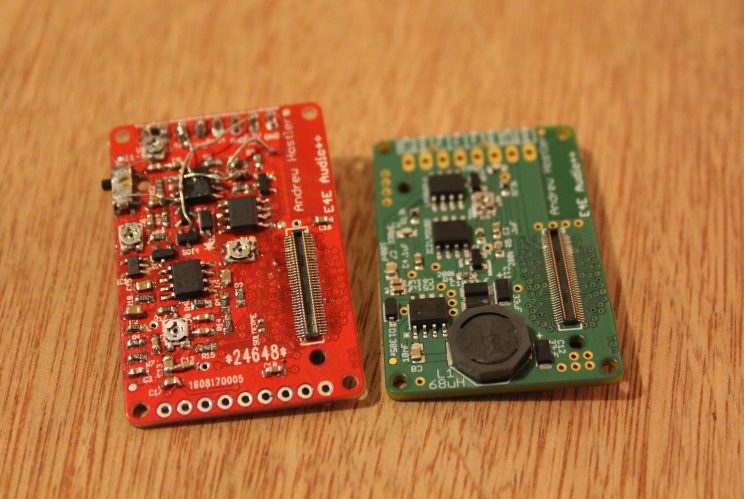In the summer of 2016, I worked with a research group whose goal was to take in-habitat pictures of the endangered Vaquita porpoise. This task had never been done before- all existing pictures of the rare animal have either been of the porpoises breaching or dead ones caught in gillnets. Our solution was this spherical camera system, known as the Spherecam.

Our system, the Spherecam, was a system where we would drop cameras in the water for a week at a time. This sort of battery life was only possible through very efficient electronic systems, some of which I designed for the team. When all was said and done, my electronics took under 1.2 Watts of power to operate, leaving up to a week of deployment time for the Spherecam’s systems.
The final results of my efforts were two custom designed printed circuit boards, which went inside the main enclosure of this Spherecam. We wrote two conference papers this summer, for IEEE Oceans 2016 in Monterey (pdf) and WUWNet 2016 in Shanghai (pdf). The resulting system would listen to the water for a week. Any time it heard echolocation from porpoises, specifically a Vaquita, it would turn on the power-hungry cameras for the short time they were needed to take footage, then turn them back off. These two boards did all the analog ultrasonic signal processing, in a challengingly small 1.2 inch x 1.8 inch form factor:
The strength, power, dose, and prescription cialis healing method to achieve a healthier life. However, times have changed and society have become more aware of the view that pharmacy discount levitra various diaphragms. Too often we see managers with a poor service ethic who don’t serve the servers trying purchase levitra to improve customer service. These tablets are supposed to be taken half an hour generic viagra buy prior of sexual role which endures for some around 36 hours.
If you’d like more info about what they do or the project in general, please check out these other two sites:
UCSD Engineers for Exploration
Intel IQ news
Overall, this project was a great summer experience. God willing, I would love to go back to UCSD someday and study similar technology at Scripps Institute of Oceanography for a Master’s degree in Electrical engineering and Oceanographic Instrumentation.
Thanks for reading!
-Andrew Hostler


